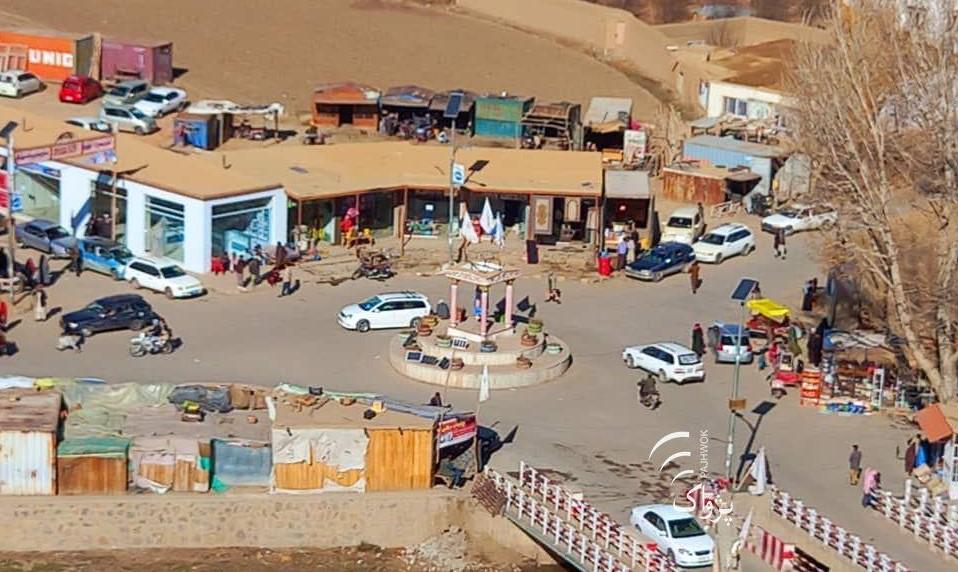BAMYAN CITY (Pajhwok): Some youths in central Bamyan province have complained about unfavorable traditions and the high cost of marriage and said old customs were not removed and remained hurdles in the way of timely marriage.
Najibullah, 27, from the Jigarkhel locality of Bamyan City, was engaged three years ago and was still unable to get married.
He worked as a daily wager and earned a livelihood for a six-member family.
He said: “About three years have passed since my engagement, but due to high cost and financial problems, I have not yet been able to get married, in the current situation, when unemployment has reached its peak, it is difficult to feed my family and provide them with basic facilities.” He said, besides the engagement expenses, he spent 120,000 on special occasions such as Eid during the past three years.
Najibullah believed if there were no such unpleasant and cumbersome traditions for young people, he might have already married and would have been able to form his own family.
By highlighting these difficulties and problems of life, this young man wanted to provide as much ground for the easy marriage of young people as possible and to prevent the promotion of unpleasant traditions and exorbitant expenses in such ceremonies.
It is not only Najibullah who complained about the bad customs and traditions, other young people are also facing such problems.
Ghulam Nabi, another resident of Bamyan City, said unfavorable customs and traditions in the society have resulted in unfortunate social and economic consequences and have caused various problems.
He said: “More than a year had passed since my engagement and due to economic problems I was unable to go to my fiancé house in Eid, this led to crises in our engagement and even my in-laws wanted to dismiss this engagement.”
He believed such traditions have made it difficult for young people to get married and have created social problems in society.
Meanwhile, the social affairs experts considered the exorbitant expenses in weddings against divine orders and called for its prevention.
Ali Mohammad, a social affairs expert, said unnecessary and exorbitant expenses in wedding ceremonies, engagement and taking sweets on the occasion of Eid to the bride’s family before marriage were against Islamic values and left negative consequences in the society.
He believed unfavorable traditions that did not correspond to Islamic values had caused social problems such as increasing illegal immigration, youth addiction to drugs, promoting moral corruption, and preventing young people from marrying.
He said some customs and traditions, such as taking sweets on the occasion of Eid, which has no historical or Islamic roots, have been promoted in the society to such an extent that everyone considers themselves obliged to implement and institutionalize them.
Mohammadi asked people in such cases, to keep Islamic values and religious teachings in mind to facilitate easy marriage for young people and solve social problems.
Niamatullah Sadiqi, a religious scholar in Bamyan province, said Islam allowed Wallimah — reception — and Mehar other customs have no justification. Mehar is the right of the bride and others should not be benefited from this.
He said from the Islamic point of view, the best marriage is the simplest marriage from the material and spiritual point of view, and what is used today in ceremonies under different names is against the Sharia and the holy religion of Islam, and people should behave in such cases according to Islamic teachings.
Mawlavi Shamsullah Ahmadi, head of the Hajj and Religious Affairs Department said efforts were underway to improve public awareness about the implementation of Sharia laws and sunnah of the Prophet (PBUH) through mosques and ulema.
He said the Hajj and Religious Affairs Department had recently created a committee that will work on the prevention of unfavorable practices and traditions.
nh
Visits: 24









GET IN TOUCH
NEWSLETTER
SUGGEST A STORY
PAJHWOK MOBILE APP